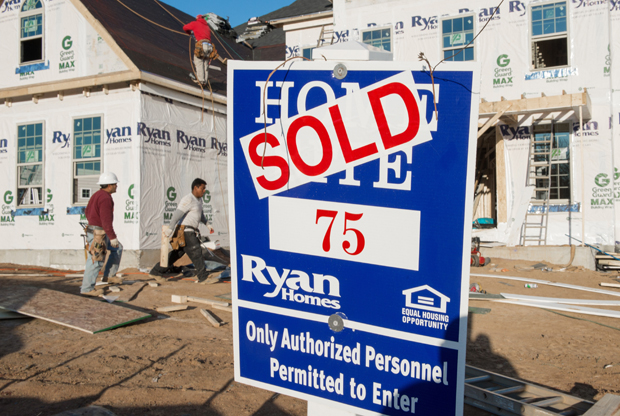Diane’s farewell message
After 52 years at WAMU, Diane Rehm says goodbye.

Construction workers build a new home November 20, 2014 in Ashburn, Virginia.
Owning a home has long been a linchpin of the American Dream. But the recent housing crisis and changing bank lending practices have led to a drop in the number of people buying houses: The nationwide rate of homeownership is at its lowest rate in 20 years. While some have mourned this loss for the U.S. economy, a new study finds that half of American homeowners would have built more wealth by renting. The new research says many people looking to buy a home overestimate tax deductions, rely on biased, online calculators and underestimate expenses. Diane and a panel of experts discuss rethinking the benefits of homeownership.
After 52 years at WAMU, Diane Rehm says goodbye.
Diane takes the mic one last time at WAMU. She talks to Susan Page of USA Today about Trump’s first hundred days – and what they say about the next hundred.
Maryland Congressman Jamie Raskin was first elected to the House in 2016, just as Donald Trump ascended to the presidency for the first time. Since then, few Democrats have worked as…
Can the courts act as a check on the Trump administration’s power? CNN chief Supreme Court analyst Joan Biskupic on how the clash over deportations is testing the judiciary.